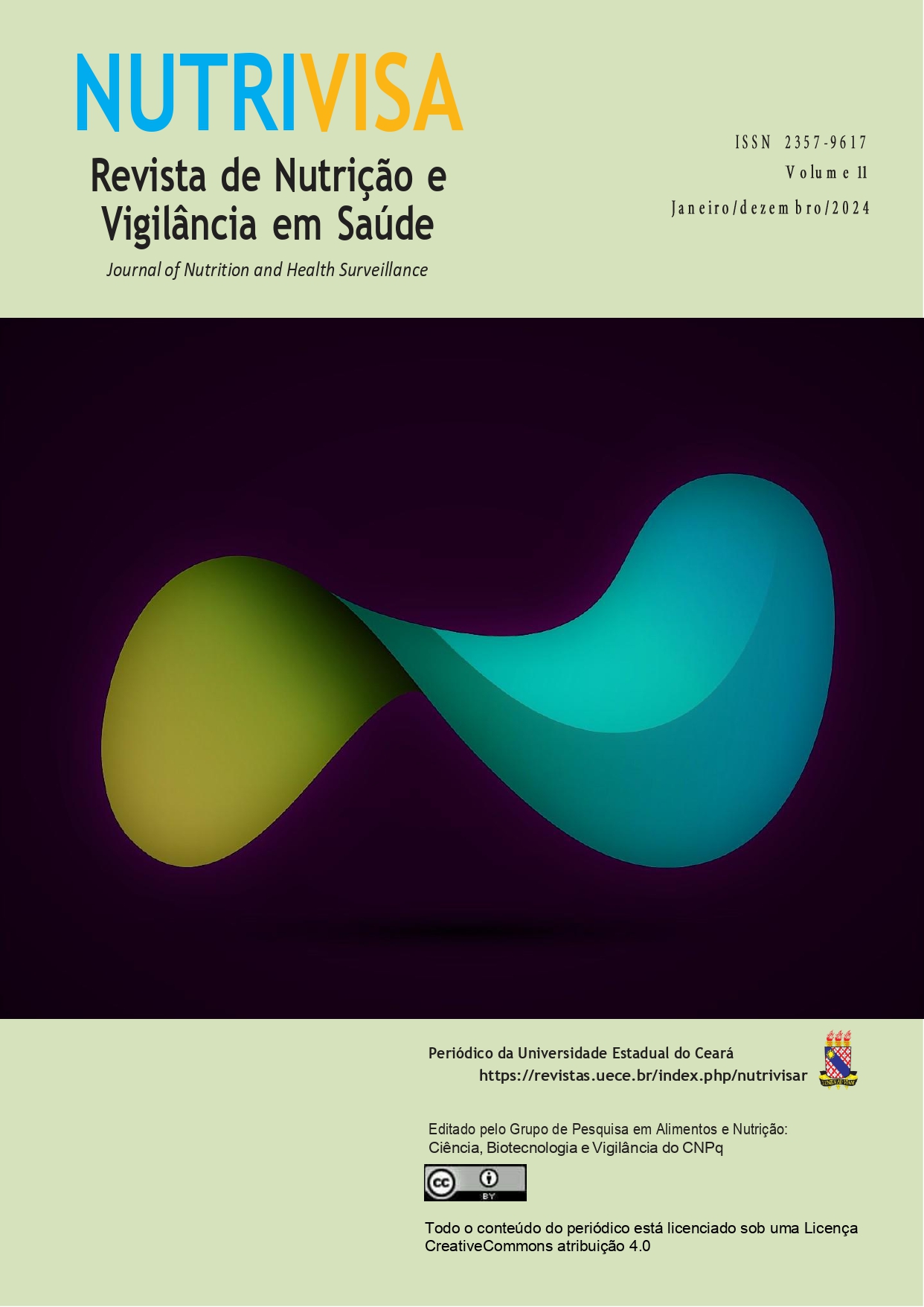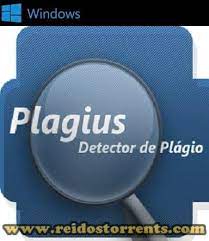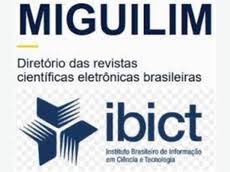Associação entre câncer de bexiga e padrões alimentares saudáveis
DOI:
https://doi.org/10.52521/nutrivisa.v11i1.14342Palavras-chave:
Neoplasias da bexiga urinária, Dieta cetogênica, Dieta mediterrânea, Antioxidantes, Literatura de RevisãoResumo
O câncer de bexiga representa um desafio em saúde global e apresenta a segunda maior mortalidade entre os cânceres urológicos, possui determinantes ambientais e de estilo de vida associados à sua ocorrência. Diante disso, este estudo visa investigar a associação entre padrões alimentares saudáveis e câncer de bexiga. Utilizou-se uma revisão integrativa através de pesquisa nas bases de dados Pubmed, Medline, Embase e Scopus. Vinte e três estudos observacionais evidenciaram que há resultados mistos sobre a relação entre a dieta mediterrânea e o risco de câncer de bexiga. Alguns encontraram associação inversa com frutas, vegetais, carotenoides e vitaminas, enquanto outros não observaram associação significativa. Estudos caso-controle associaram o consumo de frutas cítricas a um risco reduzido, além de carotenoides e vitaminas C e E, potencialmente diminuindo a probabilidade de desenvolver a doença. Esses achados são significativos e apontam para a necessidade de mais estudos sobre dietas mediterrânea e rica em antioxidantes no contexto analisado. O estudo sugere que a associação entre padrões dietéticos saudáveis e câncer de bexiga é complexa e ainda carece de evidências robustas e recomenda mais estudos sobre a relação entre padrões dietéticos saudáveis e câncer de bexiga, explorando outros aspectos da história natural dessa doença e a integração de diferentes áreas como metabolômica, genética, epidemiologia e nutrição.
Referências
AFSHARMOGHADAM, N. et al. Concentration- Dependent Effects of Curcumin on 5-Fluorouracil Efficacy in Bladder Cancer Cells. Asian Pacific journal of cancer prevention : APJCP, vol. 18, no 12, p. 3225–3230, 28 dez. 2017. https://doi.org/10.22034/APJCP.2017.18.12.3225.
BRAVI, F. et al. Mediterranean Diet and Bladder Cancer Risk in Italy. Nutrients, vol. 10, no 8, 10 ago. 2018. https://doi.org/10.3390/nu10081061.
BRINKMAN, M. T. et al. Consumption of animal products, olive oil and dietary fat and results from the Belgian case-control study on bladder cancer risk. European journal of cancer (Oxford, England : 1990), vol. 47, no 3, p. 436–42, fev. 2011. https://doi.org/10.1016/j.ejca.2010.09.027.
BRINKMAN, M. T. et al.Minerals and vitamins and the risk of bladder cancer: results from the New Hampshire Study. Cancer Causes & Control, vol. 21, no 4, p. 609–619, 31 abr. 2010. https://doi.org/10.1007/s10552-009-9490-0.
BRUEMMER, B.; WHITE, E.; VAUGHAN, T. L.; CHENEY, C. L. Nutrient Intake in Relation to Bladder Cancer among Middle-aged Men and Women. American Journal of Epidemiology, vol. 144, no 5, p. 485–495, 1 set. 1996. https://doi.org/10.1093/oxfordjournals.aje.a008955.
BRYAN, R. T. et al. Selenium and Vitamin E for Prevention of Non-Muscle-Invasive Bladder Cancer Recurrence and Progression: A Randomized Clinical Trial. JAMA network open, vol. 6, no 10, p. e2337494, 2 out. 2023. https://doi.org/10.1001/jamanetworkopen.2023.37494.
BUCKLAND, G. et al. Adherence to the Mediterranean diet and risk of bladder cancer in the EPIC cohort study. International Journal of Cancer, vol. 134, no 10, p. 2504–2511, 15 maio 2014. https://doi.org/10.1002/ijc.28573.
DEMIR, M. Oxidative Stress Has a Negative Effect on the Development and Progression of Bladder Cancer. Turkish Journal of Oncology, 2022. https://doi.org/10.5505/tjo.2022.3453.
EDEFONTI, V. et al. Association between Nutrient-Based Dietary Patterns and Bladder Cancer in Italy. Nutrients, vol. 12, no 6, 28 maio 2020. https://doi.org/10.3390/nu12061584.
EGASHIRA, R. et al. Long-Term Effects of a Ketogenic Diet for Cancer. Nutrients, vol. 15, no 10, p. 2334, 16 maio 2023. https://doi.org/10.3390/nu15102334.
GALINIAK, S. et al. Oxidative Stress Markers in Urine and Serum of Patients with Bladder Cancer. Antioxidants, vol. 12, no 2, p. 277, 26 jan. 2023. https://doi.org/10.3390/antiox12020277.
GUIJA-GUERRA, H.; GUIJA-POMA, E. Radicales libres y sistema antioxidante. Horizonte Médico (Lima), vol. 23, no 2, p. e2158, 31 mar. 2023. https://doi.org/10.24265/horizmed.2023.v23n2.12.
HABIB, H. M. et al. Grape seed proanthocyanidin extract inhibits DNA and protein damage and labile iron, enzyme, and cancer cell activities. Scientific reports, vol. 12, no 1, p. 12393, 20 jul. 2022. https://doi.org/10.1038/s41598-022-16608-2.
HAJJAR, M. et al. Adherence to Mediterranean-Style Dietary Pattern and Risk of Bladder Cancer: A Case-Control Study in Iran. Nutrition and cancer, vol. 75, no 2, p. 610–617, 2023. https://doi.org/10.1080/01635581.2022.2143536.
HOLICK, C. N. et al. Intake of fruits and vegetables, carotenoids, folate, and vitamins A, C, E and risk of bladder cancer among women (United States). Cancer causes & control : CCC, vol. 16, no 10, p. 1135–45, dez. 2005. https://doi.org/10.1007/s10552-005-0337-z.
ISLAM, M. O. et al. Alterations of Antioxidant Enzymes and Biomarkers of Nitro-oxidative Stress in Tissues of Bladder Cancer. Oxidative Medicine and Cellular Longevity, vol. 2019, p. 1–10, 5 maio 2019. https://doi.org/10.1155/2019/2730896.
JACOBS, E. J. et al. Vitamin C and vitamin E supplement use and bladder cancer mortality in a large cohort of US men and women. American journal of epidemiology, vol. 156, no 11, p. 1002–10, 1 dez. 2002. https://doi.org/10.1093/aje/kwf147.
KANG, M. et al. Diet Quality and Risk of Bladder Cancer in the Multiethnic Cohort Study. Nutrients, vol. 16, no 12, p. 1965, 20 jun. 2024. https://doi.org/10.3390/nu16121965.
KELLEN, E. et al. Fruit consumption reduces the effect of smoking on bladder cancer risk. The Belgian case control study on bladder cancer. International journal of cancer, vol. 118, no 10, p. 2572–8, 15 maio 2006. https://doi.org/10.1002/ijc.21714.
LIN, J.-J. et al. Proteomics Analysis of Tangeretin-Induced Apoptosis through Mitochondrial Dysfunction in Bladder Cancer Cells. International Journal of Molecular Sciences, vol. 20, no 5, p. 1017, 26 fev. 2019. https://doi.org/10.3390/ijms20051017.
MAZDAK, H.; GHOLAMPOUR, M.; TOLOU GHAMRI, Z. A Quick Review of Redox State in Cancer: Focus to Bladder. The Gulf journal of oncology, vol. 1, no 32, p. 59–62, jan. 2020.
MICHAUD, D. S. et al. Intakes of fruits and vegetables, carotenoids and vitamins A, E, C in relation to the risk of bladder cancer in the ATBC cohort study. British Journal of Cancer, vol. 87, no 9, p. 960–965, 21 out. 2002. https://doi.org/10.1038/sj.bjc.6600604.
MICHAUD, D. S. et al. Fruit and vegetable intake and incidence of bladder cancer in a male prospective cohort. Journal of the National Cancer Institute, vol. 91, no 7, p. 605–13, 7 abr. 1999. https://doi.org/10.1093/jnci/91.7.605.
MO, X.-C. et al Screening and identification of hub genes in bladder cancer by bioinformatics analysis and KIF11 is a potential prognostic biomarker. Oncology Letters, vol. 21, no 3, p. 205, 14 jan. 2021. https://doi.org/10.3892/ol.2021.12466.
MOMAS, I. et al. Relative importance of risk factors in bladder carcinogenesis: some new results about Mediterranean habits. Cancer causes & control : CCC, vol. 5, no 4, p. 326–32, jul. 1994. https://doi.org/10.1007/BF01804983.
NARII, N. et al. Vegetable and fruit intake and the risk of bladder cancer: Japan Public Health Center-based prospective study. British journal of cancer, vol. 126, no 11, p. 1647–1658, jun. 2022. https://doi.org/10.1038/s41416-022-01739-0.
PARK, S.-Y. et al. Fruit and vegetable intakes are associated with lower risk of bladder cancer among women in the Multiethnic Cohort Study. The Journal of nutrition, vol. 143, no 8, p. 1283–92, ago. 2013. https://doi.org/10.3945/jn.113.174920.
PELUSO, M. et al. White blood cell DNA adducts and fruit and vegetable consumption in bladder cancer. Carcinogenesis, vol. 21, no 2, p. 183–7, fev. 2000. https://doi.org/10.1093/carcin/21.2.183.
RATAAN, A. O. et al. Potential Role of Selenium in the Treatment of Cancer and Viral Infections. International Journal of Molecular Sciences, vol. 23, no 4, p. 2215, 17 fev. 2022. https://doi.org/10.3390/ijms23042215.
RIBOLI, E. et al .A. Diet and bladder cancer in Spain: a multi-centre case-control study. International journal of cancer, vol. 49, no 2, p. 214–9, 9 set. 1991. https://doi.org/10.1002/ijc.2910490212.
RÖMER, M.; DÖRFLER, J.; HUEBNER, J. The use of ketogenic diets in cancer patients: a systematic review. Clinical and experimental medicine, vol. 21, no 4, p. 501–536, nov. 2021. https://doi.org/10.1007/s10238-021-00710-2.
SCHABATH, M. B. et al. Dietary Carotenoids and Genetic Instability Modify Bladder Cancer Risk. The Journal of Nutrition, vol. 134, no 12, p. 3362–3369, dez. 2004. https://doi.org/10.1093/jn/134.12.3362.
SCHULPEN, M.; VAN DEN BRANDT, P. A. Adherence to the Mediterranean Diet and Risks of Prostate and Bladder Cancer in the Netherlands Cohort Study. Cancer Epidemiology, Biomarkers & Prevention, vol. 28, no 9, p. 1480–1488, 1 set. 2019. https://doi.org/10.1158/1055-9965.EPI-19-0224.
SHIBATA, A. et al .Intake of vegetables, fruits, beta-carotene, vitamin C and vitamin supplements and cancer incidence among the elderly: a prospective study. British journal of cancer, vol. 66, no 4, p. 673–9, out. 1992. https://doi.org/10.1038/bjc.1992.336.
WIGNER, P. et al .Oxidative stress parameters as biomarkers of bladder cancer development and progression. Scientific Reports, vol. 11, no 1, p. 15134, 23 jul. 2021. https://doi.org/10.1038/s41598-021-94729-w.
XIE, H.; CHUN, F. K.-H.; RUTZ, J.; BLAHETA, R. A. Sulforaphane Impact on Reactive Oxygen Species (ROS) in Bladder Carcinoma. International Journal of Molecular Sciences, vol. 22, no 11, p. 5938, 31 maio 2021. https://doi.org/10.3390/ijms22115938.
XU, X. et al. Association of dietary tomato intake with bladder cancer risk in a prospective cohort of 101,683 individuals with 12.5 years of follow-up. Aging, vol. 13, no 13, p. 17629–17637, 15 jul. 2021. https://doi.org/10.18632/aging.203252.
ZEEGERS, M. P. A.; GOLDBOHM, R. A.; BRANDT, P. A. van den. Are retinol, vitamin C, vitamin E, folate and carotenoids intake associated with bladder cancer risk? Results from the Netherlands Cohort Study. British Journal of Cancer, vol. 85, no 7, p. 977–983, 2 out. 2001. https://doi.org/10.1054/bjoc.2001.1968.
Downloads
Publicado
Como Citar
Edição
Seção
Licença
Copyright (c) 2024 Djalma Ribeiro Costa, Luís Alberto de Sousa Rodrigues, Francisco Leonardo Torres-Leal

Este trabalho está licenciado sob uma licença Creative Commons Attribution 4.0 International License.














